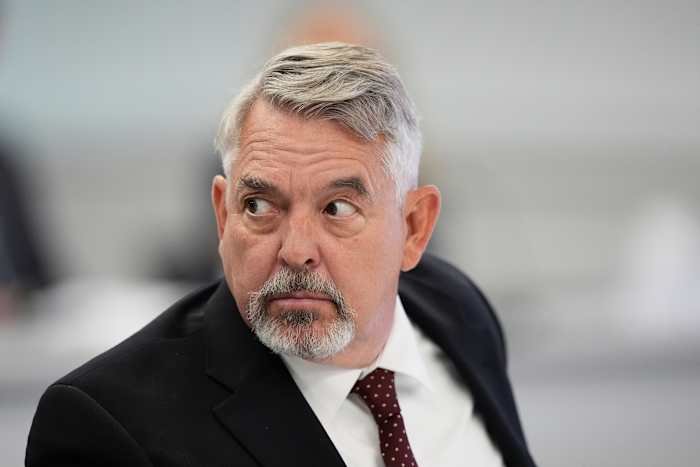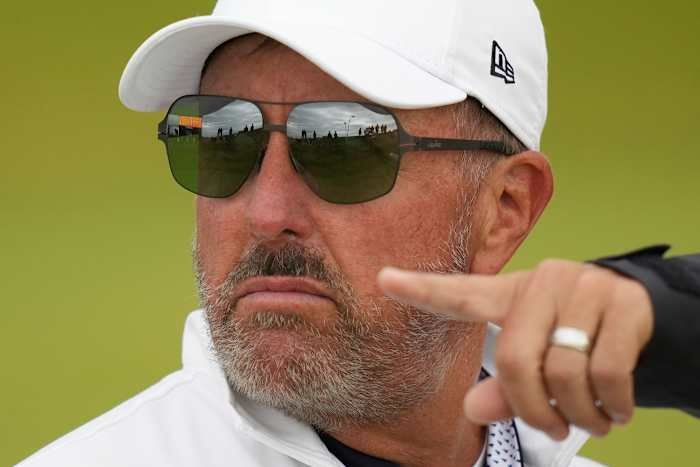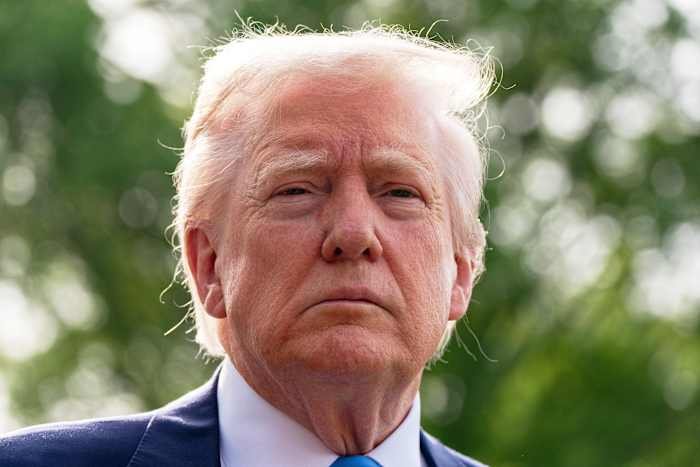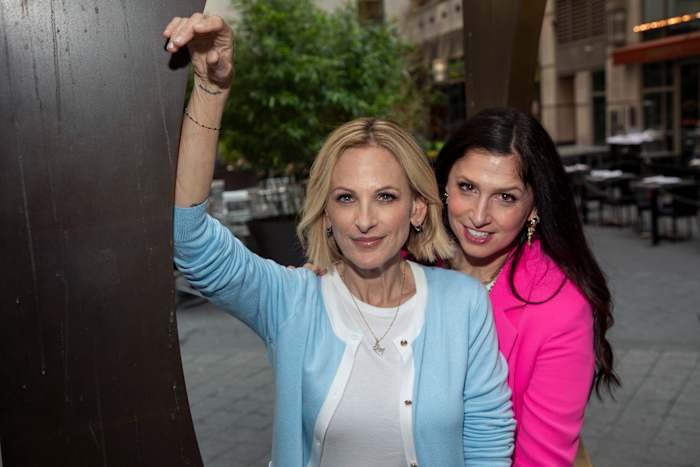Introduction
As the nation continues to navigate the complex landscape of public health, all eyes are on Health Secretary Robert F. Kennedy Jr. and his newly appointed vaccine advisory panel. Their next major topic: COVID-19 vaccine recommendations and access, a subject that carries significant implications for communities across the United States—including right here in Orlando. This Friday, the panel reconvenes after postponing a contentious vote on a newborn vaccine, shifting their focus to the ever-relevant COVID-19 immunization strategy. What could this mean for Orlando residents, local healthcare providers, and public health policy? Let’s break down the key discussions, Orlando’s unique position, and what to watch as decisions unfold.
Background: Kennedy’s New Approach to Vaccine Policy
Since taking office, Health Secretary Robert F. Kennedy Jr. has made headlines for his unconventional stances on vaccine safety and policy. His appointment of a new advisory committee, composed of both traditional medical experts and vaccine skeptics, has sparked debate nationwide. Their mission is to review the latest data and make recommendations to federal and state agencies—affecting policies that trickle down to local levels, including here in Central Florida.
Last week, the panel was expected to vote on introducing a controversial vaccine for newborns but chose instead to delay the decision, citing the need for more research and public input. Now, the focus turns to COVID-19—a disease that has shaped Orlando’s healthcare system, economy, and daily life for more than four years. With new variants emerging and vaccine fatigue setting in, the committee’s guidance could directly affect how local clinics, hospitals, and pharmacies distribute shots moving forward.
COVID-19 Vaccine Access: The Challenges in Orlando
Access to COVID-19 vaccines remains a pressing issue, especially for vulnerable populations in Orlando. While early in the pandemic, vaccine sites were set up across Orange, Osceola, and Seminole counties, recent months have seen a decline in mass vaccination sites and a shift toward appointments at pharmacies and doctor’s offices. For some, especially those without reliable transportation or health insurance, this has made getting vaccinated more difficult.
The Kennedy panel is expected to examine how national policies can support local efforts to reach the uninsured, the elderly, and communities of color—groups that have sometimes faced barriers to vaccination. Orlando’s diverse population, including a significant number of immigrants and tourism workers, means that any changes in vaccine distribution or eligibility could have an outsized impact here. Local health officials are closely watching the panel’s recommendations, hoping for federal support to maintain outreach, pop-up clinics, and mobile vaccination units.
Public Concerns: Weighing Safety, Freedom, and Science
Public sentiment around COVID-19 vaccines has evolved, with many residents in the Orlando area expressing mixed feelings. Some are eager for updated boosters, especially as new variants circulate, while others remain hesitant, citing concerns about side effects or the speed of vaccine development. Kennedy’s panel, intentionally diverse in viewpoints, is expected to address these concerns head-on—balancing the need for public health with individual freedoms.
This approach could resonate in Orlando, where debates over vaccine mandates, school requirements, and workplace policies have been especially heated. The panel’s guidance may influence whether local employers, schools, or event venues continue to require proof of vaccination or pivot toward more voluntary approaches. The outcome could shape Orlando’s response to future outbreaks, especially in high-traffic areas like theme parks and convention centers.
Implications for Orlando’s Healthcare System
Healthcare providers in Orlando, from AdventHealth to Orlando Health, are preparing for possible changes in federal guidance. If the panel recommends expanding access to new vaccine formulations or altering eligibility criteria, local clinics will need to adjust quickly. For providers already stretched thin by staffing shortages and high demand, clear and timely guidance is essential.
Moreover, Orlando’s role as a tourist hub means that public health policies here set an example for other regions—and affect the city’s economic recovery. Ensuring easy, equitable access to COVID-19 vaccines helps protect not only residents but also the millions of visitors who flock to Central Florida each year. The Kennedy panel’s recommendations could determine how Orlando balances public health with its status as a global destination.
Looking Ahead: What’s Next for Orlando?
As Kennedy’s vaccine advisers meet again this Friday, Orlando’s public health leaders, residents, and businesses await their findings. Will the panel prioritize expanded access, endorse new booster campaigns, or take a more cautious approach? The answers will shape local COVID-19 policy for months to come.
For now, Orlandoans are encouraged to stay informed, speak with their healthcare providers about vaccination, and monitor updates from both the federal government and local health departments. Whether you’re a parent, frontline worker, or business owner, the outcome of these discussions could affect everything from school policies to travel plans in the months ahead.
Conclusion
The ongoing deliberations by Health Secretary Kennedy’s vaccine advisory panel underscore just how intertwined national policy is with local realities here in Orlando. As the panel weighs delicate decisions about COVID-19 vaccine access and recommendations, our community stands at a crossroads—waiting to see how the next chapter in public health will unfold. What are your thoughts on the future of COVID-19 vaccination in Orlando? Would expanded access or new guidelines affect your decision to get vaccinated? Share your perspective in the comments below, and let’s keep the conversation going!
















